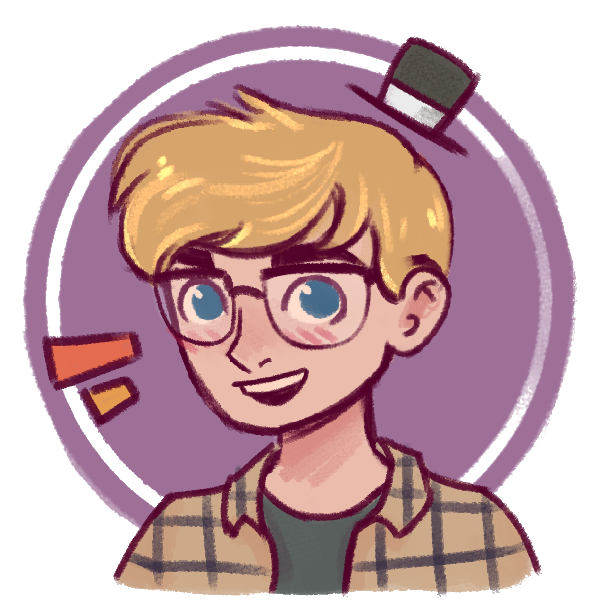Dungeons and Dragons
#OpenDnD: DnD caved to the demands of the people and we will be maintaining the openDnD rules!
Want to start running games? Check out some of my favorite resources!
The tabletop roleplaying game, Dungeons and Dragons, serves as an engaging way to train multiple muscles required for effective science communication. The least of which includes:
- Impromptu speaking,
- Creative problem-solving,
- Risk analysis with explicit error probabilities.
In 2020, I started planning and executing (often called Dungeon Mastering) a game of Dungeons and Dragons 5e for a group of undergraduate physics peers. I have to this date, with a few breaks in that time, continued to prepare, run, and analyze games with story focused groups, and mechanics focused groups. These both have expanded my ability to craft engaging stories, a common feature of effective science communication, and make quick judgment calls that balance player happiness with game balance, a requirement for effective team leading.
I am currently putting effort towards developing a setting (set of rules, locations, characters, and story-lines) for D&D that attempts to incorporate modern physics concepts (such as elementary particle physics and general relativity) into explanations of magical phenomena. The hope is to be able to expand this concept into a concrete, short book that can help interest players into the mystery that is modern physics.
Around the same time I was becoming confident with my concepts for merging modern physics with D&D, a group, originally started by @theGorillaOfDesitny, came together make The Theory of Magic. Having participated in some of the conversations around trying to create a mathematical model for D&D. I have a couple critics of the concept behind it, but I will keep it to myself for now. What I can say is that there are some interesting concepts that go behind trying to wring out as much as possible from a game as poorly balanced as D&D.
Along the same concept of playing D&D, I have an interest in game design, specially character experience of games. The analogy that I have derived is that the way students interact with a course should, in an ideal world, be very close to how they interact with a successful game (in some regards more than others of course). If you are interested in exploring this idea, I would urge you to look into high quality YouTube channels such as: The Architect of Games, Game Maker’s Toolkit, and Josh Strife Hayes. They all do a fantastic job of giving well rounded, quality analysis of video games, while creating engaging, fun content.
